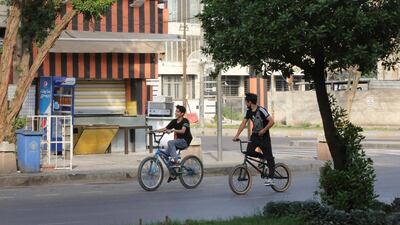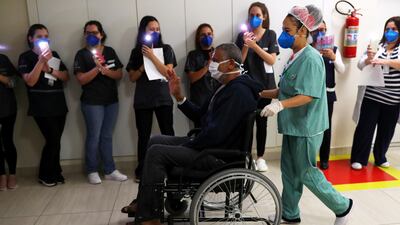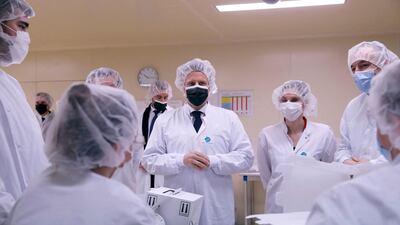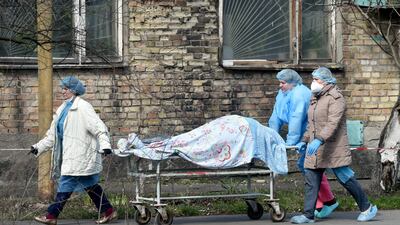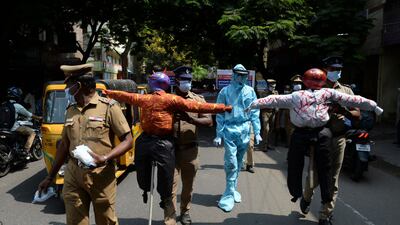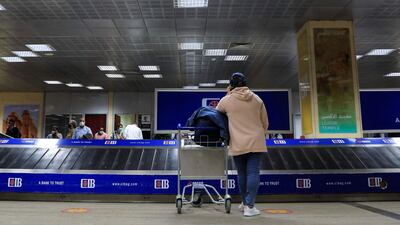The South African variant of the coronavirus can "break through" the Pfizer-BioNTech Covid vaccine, an Israeli study published on Saturday suggested.
The real-world research compared about 800 people who had tested positive for the coronavirus, of whom about half had been vaccinated. It matched age and sex, among other characteristics.
The B.1.351 South African strain made up about 1 per cent of all the cases across both groups, the project run by Tel Aviv University and Israeli healthcare company Clalit found.
Among patients who had received two doses of the vaccine, the variant’s prevalence rate was eight times higher than in those who were unvaccinated, 5.4 per cent versus 0.7 per cent.
This indicated the vaccine is less effective against the South African variant than it is against the original and UK strains of the virus, the researchers said.
“We found a disproportionately higher rate of the South African variant among people vaccinated with a second dose compared to the unvaccinated group,” said Dr Adi Stern of Tel Aviv University.
“This means that the South African variant is able, to some extent, to break through the vaccine’s protection.”
The researchers said the study had only a small sample size of people infected with the South African variant because of its rarity in Israel.
They also said the research was not intended to deduce overall vaccine effectiveness against any variant because it looked only at people who had already tested positive, not at overall infection rates.
This video explains how vaccines perform against the three most prevalent Covid variants.
On April 1, Pfizer and BioNTech said their vaccine was about 91 per cent effective at preventing Covid-19.
They cited updated trial data that included participants inoculated for up to six months.
In respect to the South African variant, they said that among a group of 800 study volunteers in South Africa, where B.1.351 is widespread, there were nine cases, all of which occurred among participants who had received the placebo.
The findings of some previous studies indicated that the Pfizer-BioNTech shot was less potent against the B.1.351 variant than against other variants of the coronavirus, but still offered a robust defence. Of those nine cases, six were among people infected with the South African variant.
While the results of the study may cause concern, Dr Stern said the low prevalence of the South African strain in Israel was encouraging.
“Even if the South African variant does break through the vaccine’s protection, it has not spread widely through the population,” she said.
The British variant may be “blocking” the spread of the South African one, Dr Stern said.
About 53 per cent of Israel’s 9.3 million population has received both Pfizer-BioNTech doses.
About a third of Israelis are below the age of 16, which means they are not yet eligible for the shot.
Israel has largely reopened its economy in recent weeks while the pandemic appears to be receding, with infection rates, severe illness and hospital admissions falling sharply.
